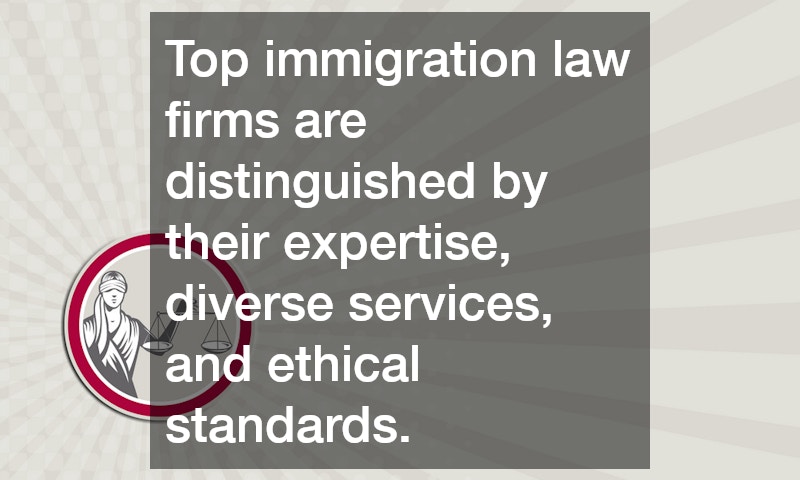It’s common for small businesses to encounter challenges when searching for and securing funding. While large companies rely on investors, for this reason, small businesses turn to small business loans. Small business loans in themselves, however, are challenging enough to get. It’s not always a guarantee that you’ll get approved if you apply for one.
With this in mind, you should know what strategies you should apply when securing a small business loan for your small business. This article aims to provide these strategies that can help you get financing for your business through loans.
Be Informed
According to Forbes magazine, the first strategy in effectively securing a small business loan is to understand the type of small business loans available to you and where you can get them. The type of small business loan you’ll need depends on what your business needs. This can be further influenced by the specific terms and length of a loan.
There are many types of loans for small businesses. The most common include equipment loan, SBA (Small Business Administration), small business and disaster loans, term loans, working capital loans, accounts receivable financing, line of credit, and PPP (Paycheck Protection Program) loans. These loans are available through three general types of lenders: credit unions and community lenders, large national financial institutions, and alternative lenders.
Credit unions and community lenders maybe your best option if your business is focused on a particular locality. They are often locally-owned banks or local lenders that aim to improve the economic situation of a specific area.
Large financial institutions are often national banks that offer traditional loans. They can be a good fit if you need a substantial amount that local lenders can’t provide. They can also connect you with other banks if they can’t provide what you need.
If you can’t secure any loan from these financial institutions, you can reach out to alternative lenders that offer quick loans with moderate requirements. While most financial institutions look at the credit scores, alternative lenders focus on the growth potential of your business.
Conduct a Self-Assessment of the Financial Health of Your Business
Before you approach any lender, you should evaluate the financial health of your business. Lenders will have a lot of requirements, especially ones that can prove you can pay them back. Conducting a self-assessment can help you determine if you can adhere to what lenders will require of your business.
Aside from their financial health requirements, lenders are also on the lookout for several red flags that can disqualify your business from securing a loan. They will look at your business cash flow to determine whether it is financially strong. Often, lenders have a minimum revenue requirement that companies should meet. If you don’t reach this requirement, you can get rejected for a loan.
You can work with a cash flow consultation company to help you improve your financial health first before applying for a loan. Bad business and personal credit scores will also raise red flags. Both scores are a reflection of your attitudes towards your credit obligations. If it’s low, that means you’re not a good payer or debtor. It also means if you can’t pay your credit obligations with others, you also can’t pay your loan with a new lender.
Be Candid and Upfront About the Purpose of Your Loan

Lenders will require information about your loan objectives. You should explain why you need a loan, how much loan you need, how quickly you will need a loan, and how you are going to pay a loan.
First, be clear about the reasons why you’ll need a loan for your business. You can’t simply say that you need money. You should be specific. Is it to cover monthly costs? Is it for business expansion? Is it for product development? There are many reasons, and they all matter to your lender. They can recommend the type of loan you should apply for by informing them clearly about your objectives.
At the same time, you need to determine the amount of loan you’ll need from the outset. Based on your company’s financial health and the amount you’ll need to loan, lenders can calculate if you can afford a loan.
Know What Documents to Prepare
The Inc. magazine recommends preparing required documents in advance when applying for a small business loan. This way, you can still make adjustments to increase your chances of getting approved. Often, lenders require a business plan, credit reports, tax returns, legal documents, and pro-forma financial statements.
Be Prepared
Applying for a loan for your small business requires a lot of preparation. However, all of it can be worth it once you get approved. For now, consider the strategies above and take steps to improve your company’s cash flow first.

